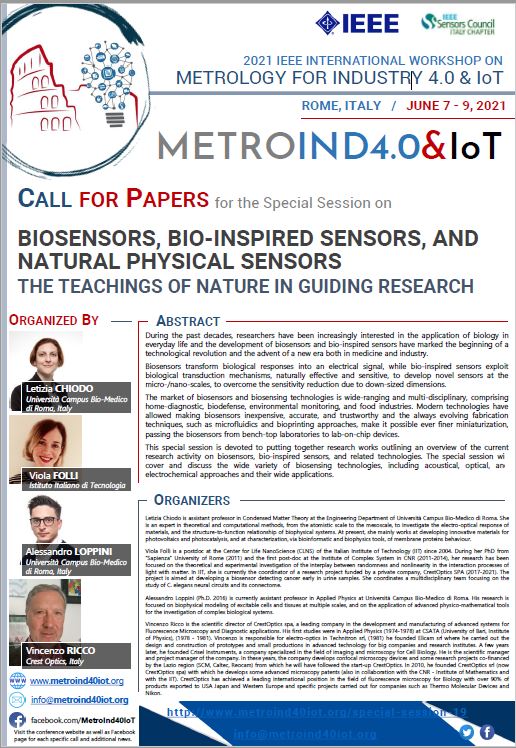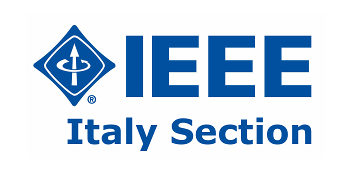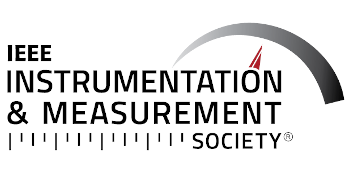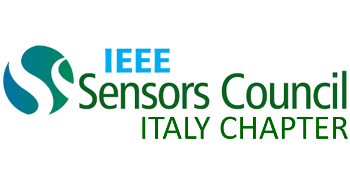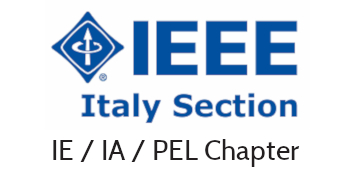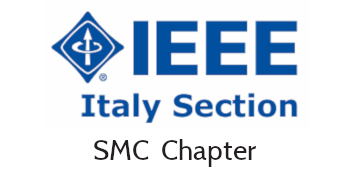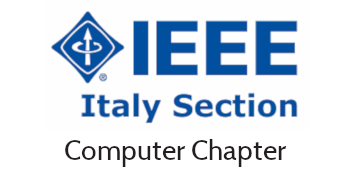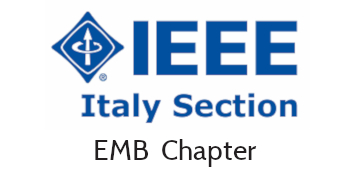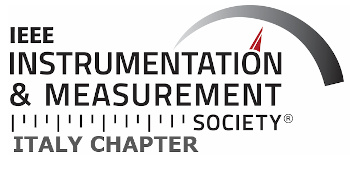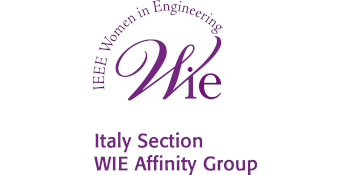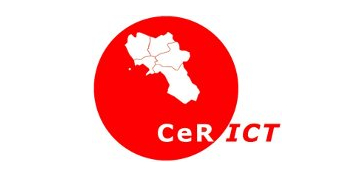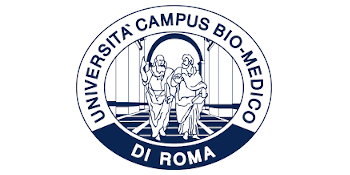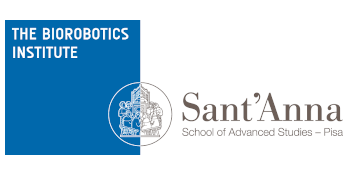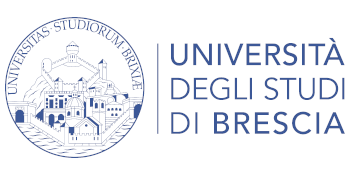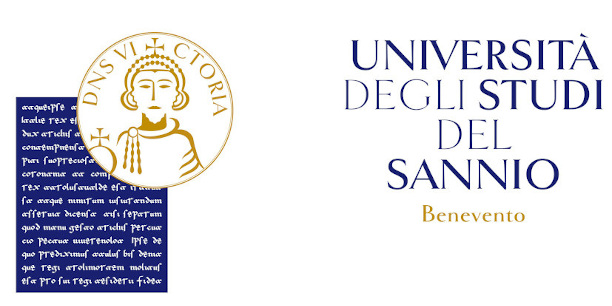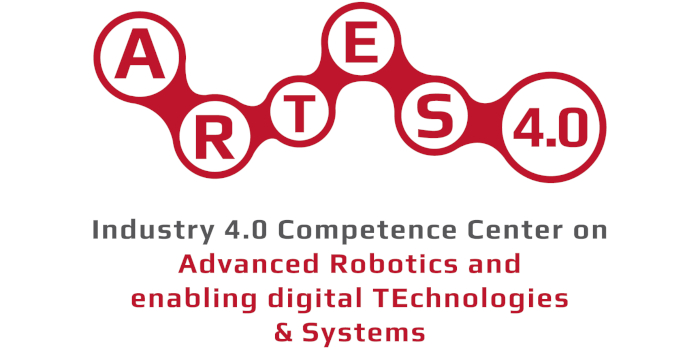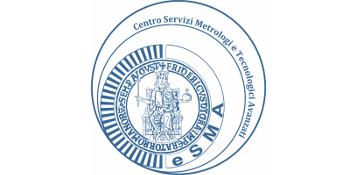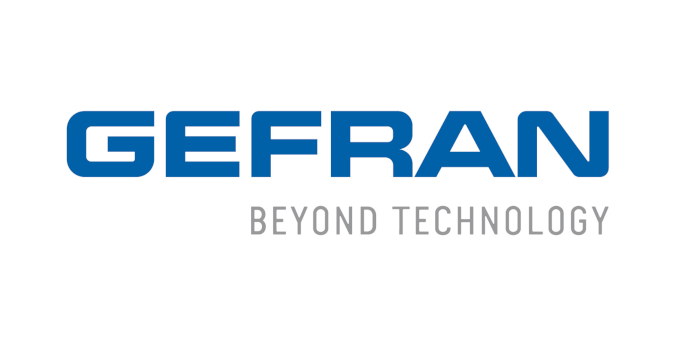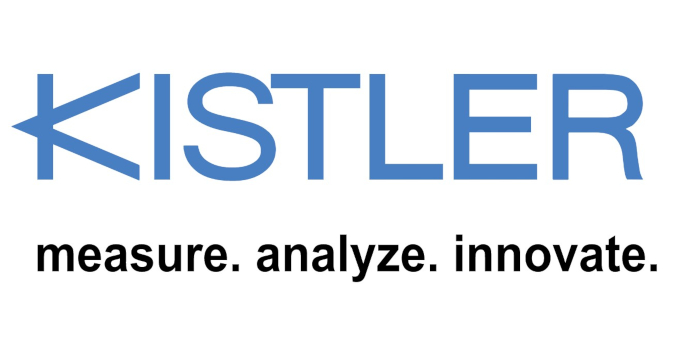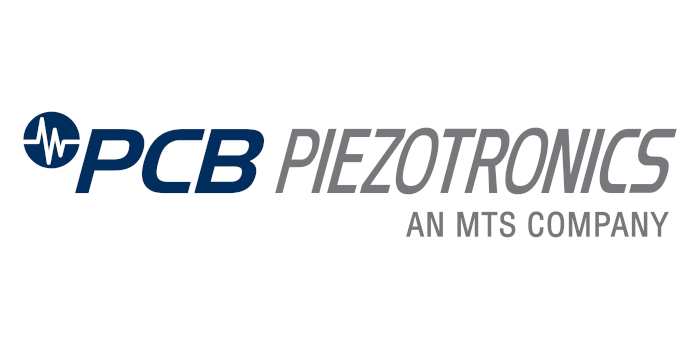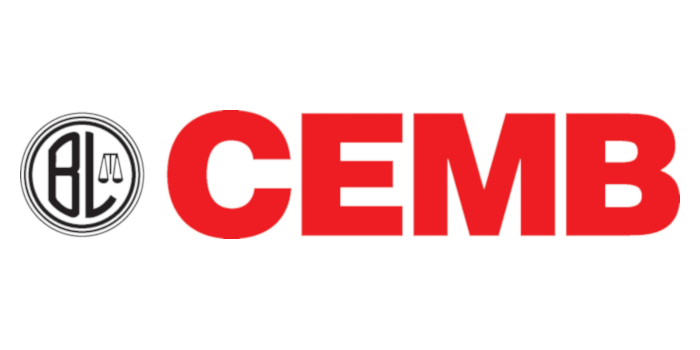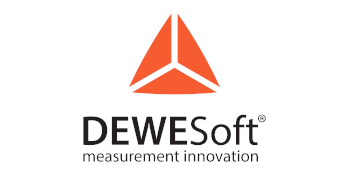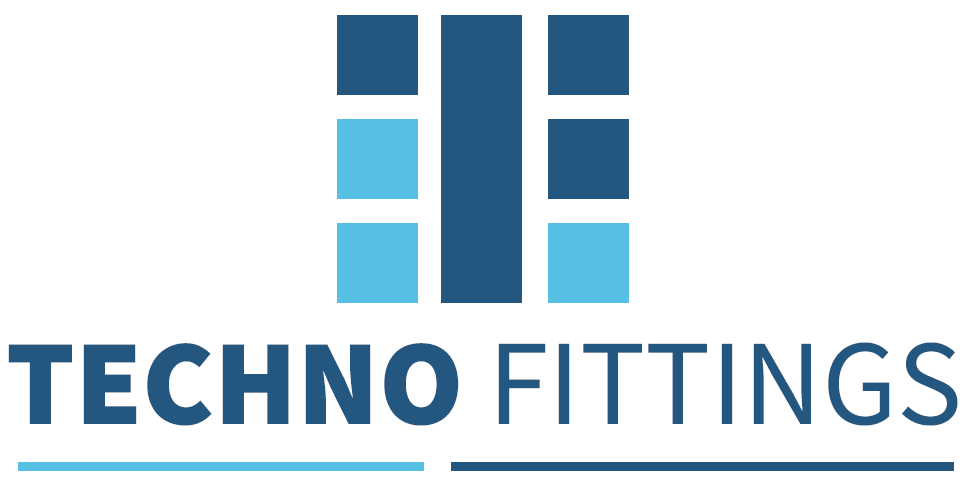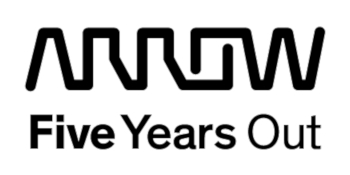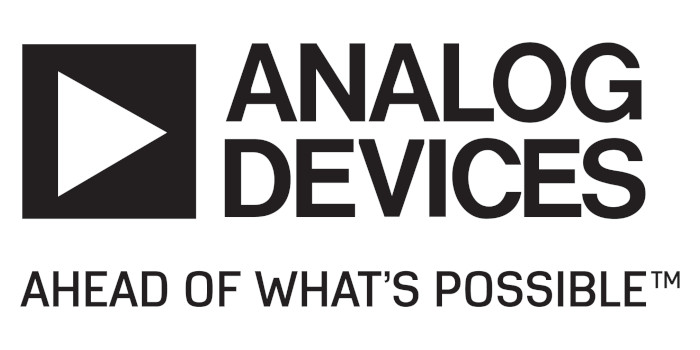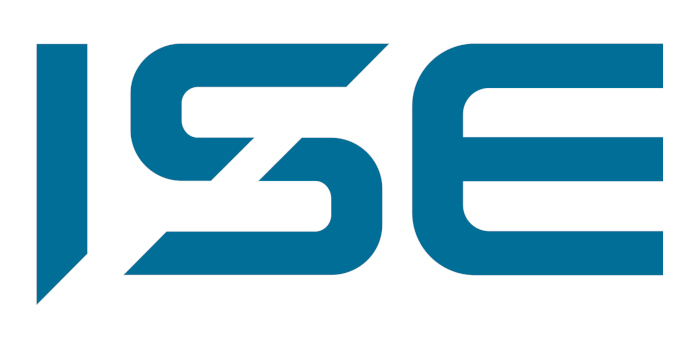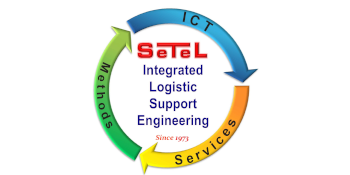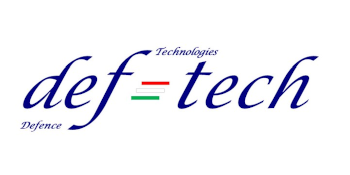Biosensors, bio-inspired sensors, and natural physical sensors. The teachings of nature in guiding research.
ORGANIZED BY
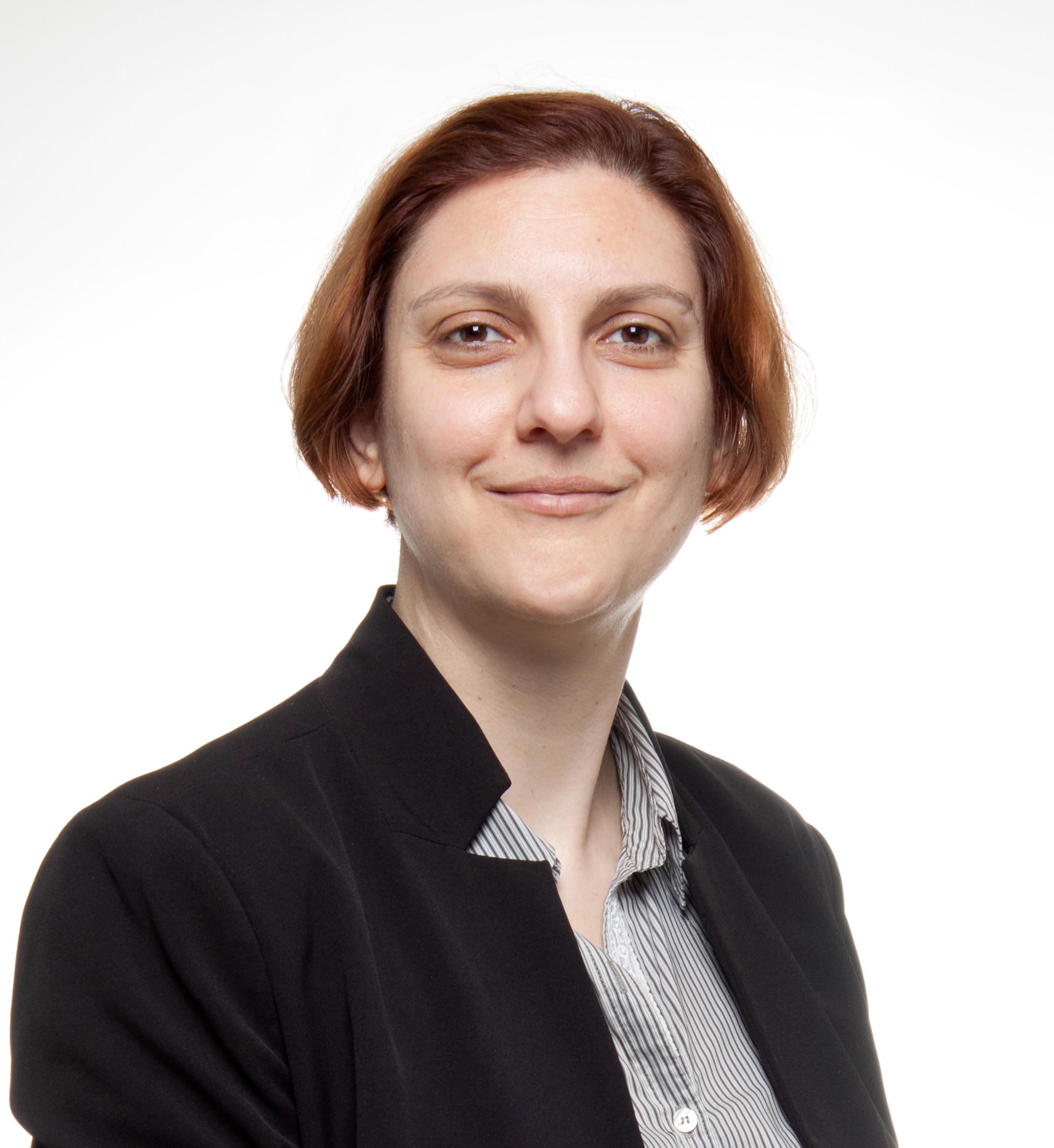
Letizia Chiodo
Università Campus Bio-Medico di Roma
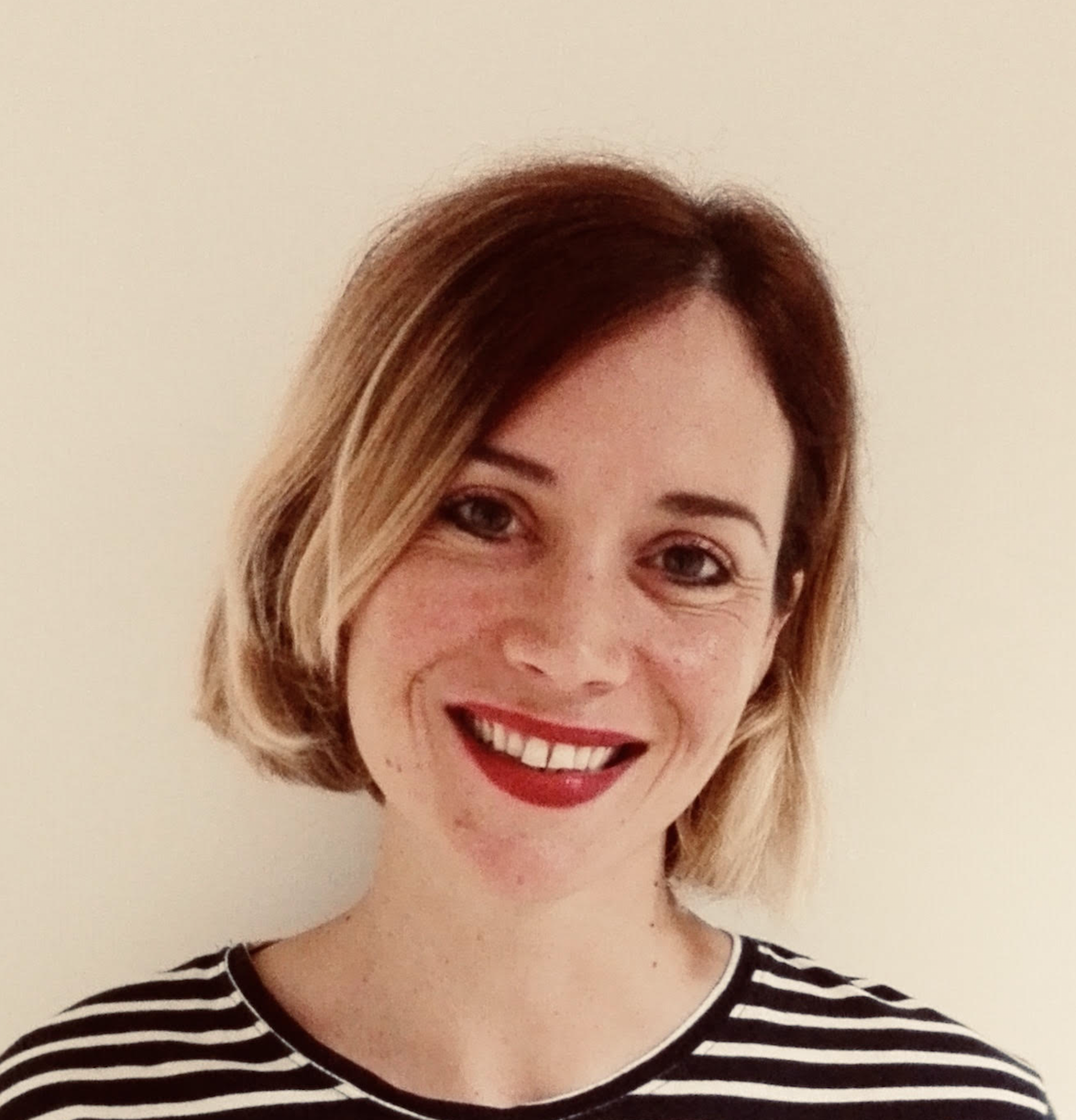
Viola Folli
Istituto Italiano di Tecnologia
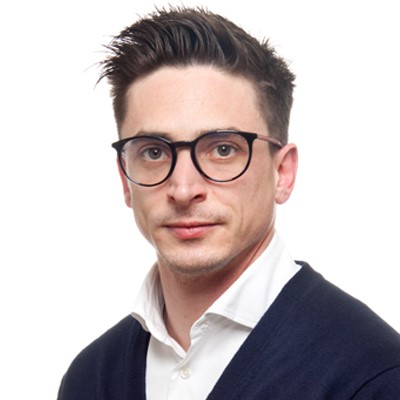
Alessandro Loppini
Università Campus Bio-Medico di Roma
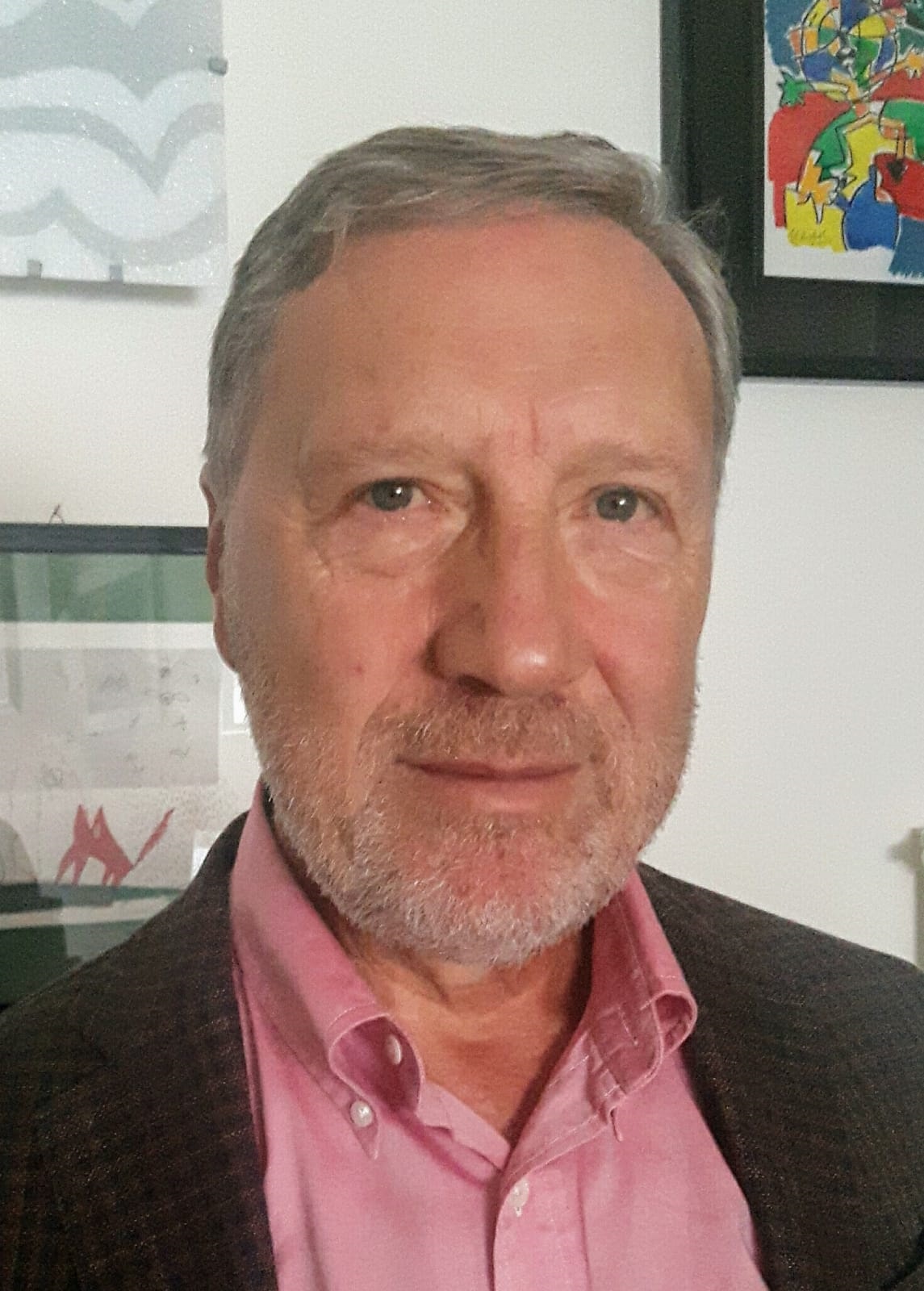
Vincenzo Ricco
Crest Optics SPA
ABSTRACT
During the past decades, researchers have been increasingly interested in the application of biology in everyday life and the development of biosensors and bio-inspired sensors have marked the beginning of a technological revolution and the advent of a new era both in medicine and industry.
Biosensors transform biological responses into an electrical signal, while bio-inspired sensors exploit biological transduction mechanisms, naturally effective and sensitive, to develop novel sensors at the micro-/nano-scales, to overcome the sensitivity reduction due to down-sized dimensions.
The market of biosensors and biosensing technologies is wide-ranging and multi-disciplinary, comprising home-diagnostic, biodefense, environmental monitoring, and food industries. Modern technologies have allowed making biosensors inexpensive, accurate, and trustworthy and the always evolving fabrication techniques, such as microfluidics and bioprinting approaches, make it possible ever finer miniaturization, passing the biosensors from bench-top laboratories to lab-on-chip devices.
This special session is devoted to putting together research works outlining an overview of the current research activity on biosensors, bio-inspired sensors, and related technologies. The special session will cover and discuss the wide variety of biosensing technologies, including acoustical, optical, and electrochemical approaches and their wide applications.
ABOUT THE ORGANIZERS
Letizia Chiodo is assistant professor in Condensed Matter Theory at the Engineering Department of Università Campus Bio-Medico di Roma. She is an expert in theoretical and computational methods, from the atomistic scale to the mesoscale, to investigate the electro-optical response of materials, and the structure-to-function relationship of biophysical systems. At present, she mainly works at developing innovative materials for photovoltaics and photocatalysis, and at characterization, via bioinformatic and biophysics tools, of membrane proteins behaviour.
Viola Folli is a postdoc at the Center for Life NanoScience (CLNS) of the Italian Institute of Technology (IIT) since 2004. During her PhD from “Sapienza” University of Rome (2011) and the first post-doc at the Institute of Complex System in CNR (2011-2014), her research has been focused on the theoretical and experimental investigation of the interplay between randomness and nonlinearity in the interaction processes of light with matter. In IIT, she is currently the coordinator of a research project funded by a private company, CrestOptics SPA (2017-2021). The project is aimed at developing a biosensor detecting cancer early in urine samples. She coordinates a multidisciplinary team focusing on the study of C. elegans neural circuits and its connectome.
Alessandro Loppini (Ph.D. 2016) is currently assistant professor in Applied Physics at Università Campus Bio-Medico di Roma. His research is focused on biophysical modeling of excitable cells and tissues at multiple scales, and on the application of advanced physico-mathematical tools for the investigation of complex biological systems.
Vincenzo Ricco is the scientific director of CrestOptics spa, a leading company in the development and manufacturing of advanced systems for Fluorescence Microscopy and Diagnostic applications. His first studies were in Applied Physics (1974-1978) at CSATA (University of Bari, Institute of Physics), (1978 - 1981). Vincenzo is responsible for electro-optics in Technitron srl, (1981) he founded Elicam srl where he carried out the design and construction of prototypes and small productions in advanced technology for big companies and research institutes. A few years later, he founded Crisel Instruments, a company specialized in the field of imaging and microscopy for Cell Biology. He is the scientific manager and project manager of the company. In these years, the company develops confocal microscopy devices and some research projects co-financed by the Lazio region (SCM, Caltec, Reocam) from which he will have followed the start-up CrestOptics. In 2010, he founded CrestOptics srl (now CrestOptics spa) with which he develops some advanced microscopy patents (also in collaboration with the CNR - Institute of Mathematics and with the IIT). CrestOptics has achieved a leading international position in the field of fluorescence microscopy for Biology with over 90% of products exported to USA Japan and Western Europe and specific projects carried out for companies such as Thermo Molecular Devices and Nikon.

